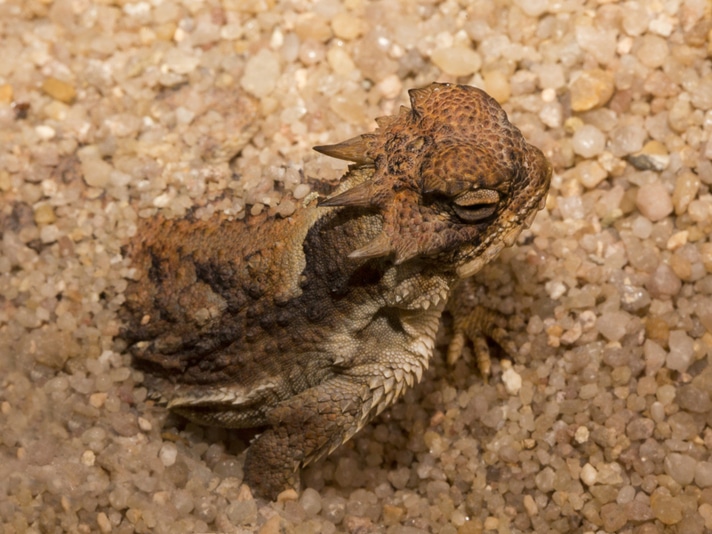Prior to the ban, reptile collectors could take as many reptiles as they wanted.
The state of Nevada has banned the commercial collection of reptiles after a letter from 50 scientists who specialize in reptile ecology was submitted to the Nevada Board of Wildlife Commissioners, imploring the commission to take such action. Prior to the ban, reptile collectors could take as many reptiles as they wanted, provided they pay a $250 permit fee and log all the species, their sex, and approximate age. The permit was only available to residents of the state.
“Nevada has one of the most significant levels of herpetological biodiversity in the western United States. These snakes and lizards are an important part of the desert food web, consuming insects and other invertebrates while acting as prey for mid- to upper-level predators. They are an integral part of Nevada’s vibrant desert ecosystems,” the scientists noted.
Read More
Relict Leopard Frog Conservation Efforts Experiences Challenges in Nevada
Dixie Valley Toad Needs Emergency Endangered Species Protections, Nonprofit Says
The scientists wrote in their letter to the wildlife commissioners that over the last 30 years, more than half a million reptiles were removed from their habitats for commercial purposes resulting in the loss of reptile density in those places that were heavily collected.
“Scientists and reptile enthusiasts around the world are breathing a sigh of relief today,” Patrick Donnelly, Nevada state director with the Center for Biological Diversity wrote in a statement announcing the ban. “The Wildlife Commission stepped up and did the right thing. Nevada harbors some of the most remarkable reptilian diversity in the world, and this move helps ensure that our lizards and snakes will be here for future generations.”


